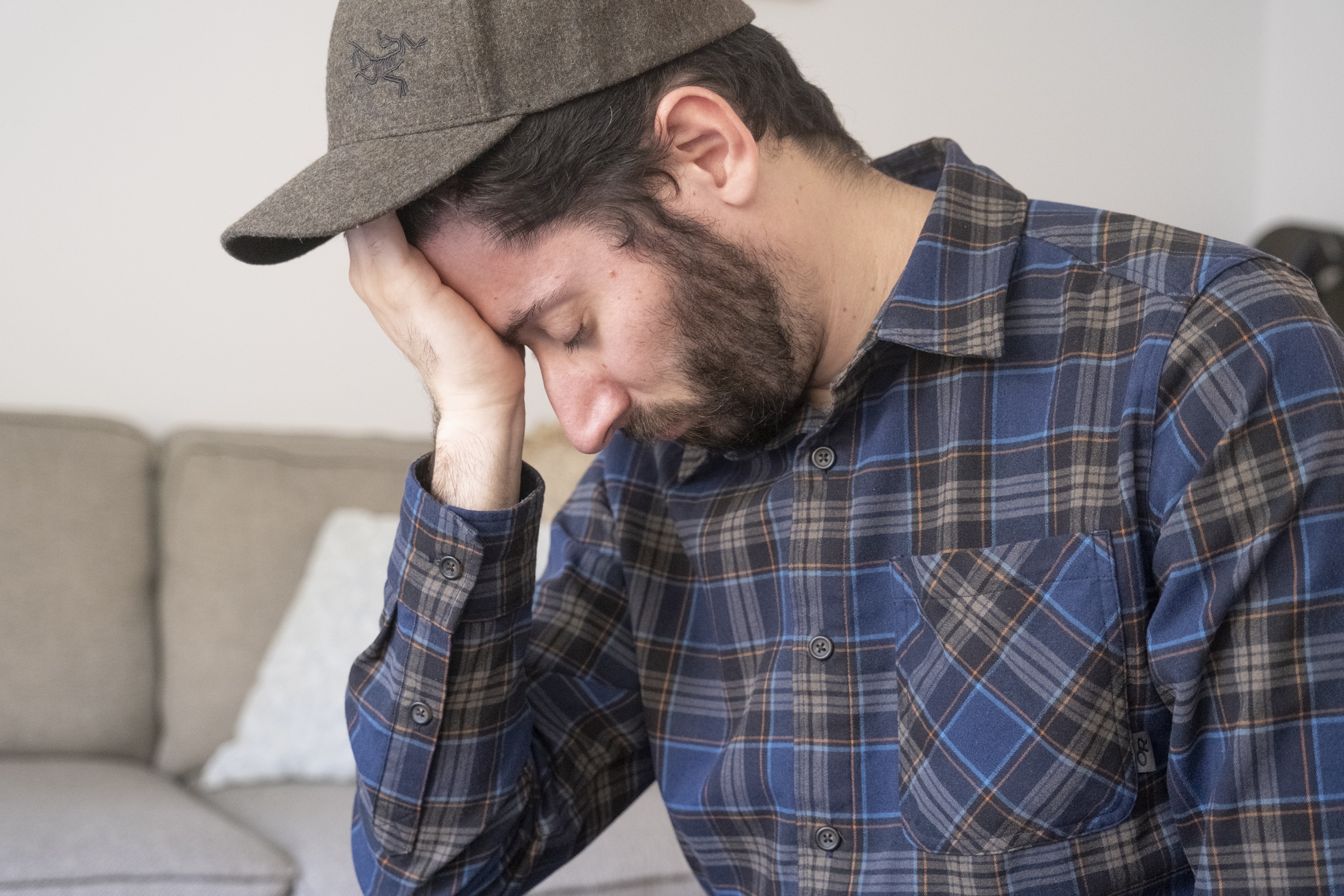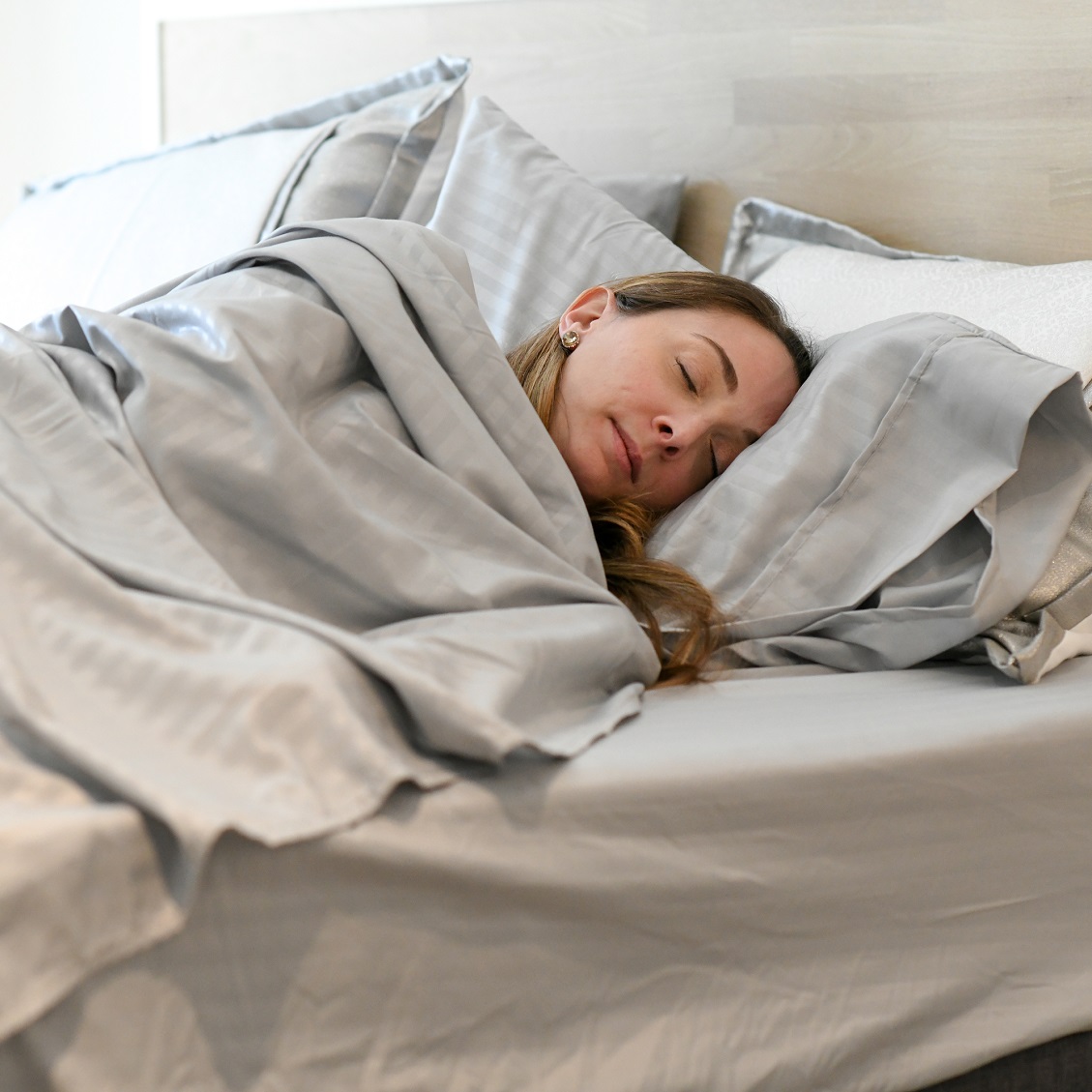4 Reasons You Might Be Tired Often

April 04, 2022
If you’re constantly feeling tired, you aren’t alone. As many as 70 million adults in the U.S. have a sleep disorder. Left undiagnosed, sleep syndromes can have severe implications on your daily wellness and functional ability.
Possible Reasons for Chronic Fatigue
- Nutrient Deficiencies
Without essential nutrients and a well-balanced diet, your body may struggle with exhaustion. Poor lifestyle habits such as the overconsumption of processed foods can limit key essential nutrients in your diet. Ensuring you are having a balanced diet rich in fruits and vegetables can help avoid this; also ensuring adequate hydration is key. These are the most common deficiencies associated with fatigue:
- Iron
- Vitamin B12
- Vitamin D
- Sleep Disturbances
Sleep disturbances such as sleep apnea, obstructive sleep apnea, insomnia, circadian rhythm disorder and narcolepsy, can be detrimental to the body’s ability to grow, repair and develop normally. “Without adequate sleep, your body is more susceptible to stress and other medical conditions,” says Phylicia Baird, M.D., an internal medical specialist with Hackensack Meridian Medical Group.
- Obstructive sleep apnea is caused by collapsing of the upper airway during sleep and is the most common sleep breathing disorder.
- Insomnia impacts your ability to fall and stay asleep.
- Circadian rhythm disorder affects the body’s regular sleeping cycle and usually causes difficulty falling or staying asleep.
- Narcolepsy is characterized by extreme drowsiness and sporadic spells of sleep.
- Caffeine
Caffeine intake interferes with your body’s natural sleep cycle. “Sleep-wake patterns are supposed to operate on a natural circadian rhythm–– and overconsumption of caffeine can disrupt this physiological pattern by blocking adenosine receptors, which release chemicals that promote sleep,” says Dr. Baird
According to the U.S. Food and Drug Administration, healthy adults generally can have 400 mg of caffeine a day without dangerous effects. That’s equal to about four or five cups of coffee. But people’s sensitivity to caffeine varies. - Chronic Stress
Chronic stress increases alertness and can make it difficult to sleep due to anxiousness and constant thoughts. Try a few of these ideas before bedtime to relax:
- Reading a book
- Listening to calming music
- Taking a warm bath
- Stretching with low-impact exercise like yoga
- Meditating
How Much Sleep Do You Need?
Sleep needs vary by age. Here are general guidelines to aim for:
- Adults: 7–9 hours
- Teens: 8–10 hours
- Children: 9–12 hours
“If you are experiencing chronic or excessive tiredness, you should discuss your symptoms with a doctor as soon as possible,” says Dr. Baird. “They might recommend a sleep study to understand what’s causing your fatigue.”
Next Steps & Resources:
- Meet our source: Phylicia Baird, M.D.
- To make an appointment with Dr. Baird or a doctor near you, call 800-822-8905 or visit our website.
The material provided through HealthU is intended to be used as general information only and should not replace the advice of your physician. Always consult your physician for individual care.
Find a doctor near me
Clinical Contributors
Are Naps Good for You?

Learn about the benefits and drawbacks of napping. Short naps may improve alertness, but don't replace nighttime sleep. Get tips for healthy napping habits.
Can Wearables Help You Sleep Better?

Improve your sleep? Learn how wearables may help. Dr. Pristas shares insights. Get expert advice; call 800-822-8905.
Find a doctor near me

Is Magnesium Good For Relaxation & Sleep?
Improve sleep and relaxation with magnesium. Dr. Leopold explains magnesium's benefits and how to incorporate it into your diet. Learn more & schedule an appointment.

Can Melatonin Gummies Help Kids Sleep?
Help your child sleep better. Learn about melatonin gummies for kids from pediatric sleep specialists. Get advice & improve bedtime habits.

Suffering from Obstructive Sleep Apnea? Here’s a CPAP Alternative
An innovative implantable treatment for obstructive sleep apnea offers new hope for better sleep.

Should You Let Your Child Sleep if You Suspect a Head Injury?
Head injuries can be frightening, especially in children, so it’s important to know what to do if and when they happen. Even if you think it’s just a bump on the head, pay attention to your child’s cues.

